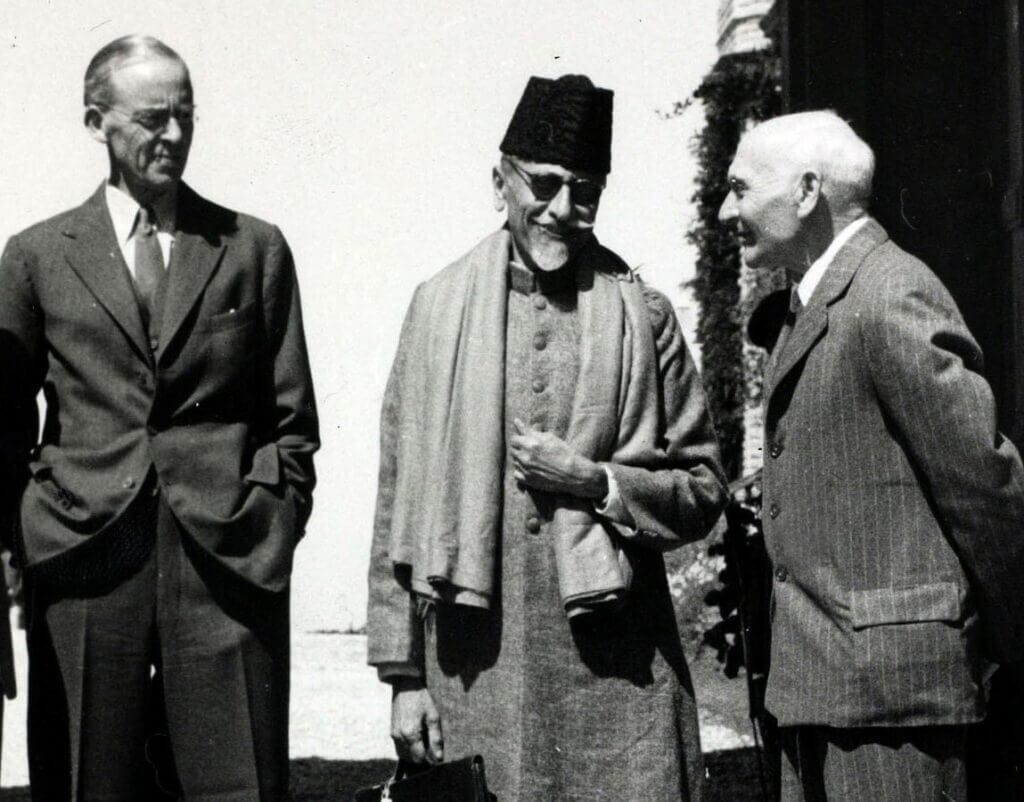
National Education Day
National Education Day was celebrated today (11/11) in India. It has been the norm since 2008 when India celebrated its first National Education Day.
11th of November is celebrated as the National Education Day to remember the contributions of Maulana Abul Kalam Azad in furthering the pursuit of knowledge amongst Indians.
Maulana Abul Kalam Ghulam Muhiyuddin Ahmed bin Khairuddin Al-Hussaini Azad was the first Education Minister of independent India from 15th August, 1947 until his death on 2nd February 1958.
Maulana Abul Kalam Azad was popularly known as Maulana Azad; the word Maulana is an honorific title meaning “Our Master” and Azad was his pen name. He was born on 11th November, 1888 in Mecca, then a part of Ottoman Empire, now Saudi Arabia.
Maulana’s father
Maulana Azad’s father, Muhammad Khairuddin bin Ahmed Al Hussaini, moved to Mecca after the Indian Rebellion of 1857.
The father of Maulana Azad was a learned scholar himself who authored 12 books in his life, he had thousands of disciples, and claimed noble Afghan ancestry.
Maulana’s Mother
Maulana Azad’s mother, Sheikha Alia bint Mohammad, the daughter of Sheikh Mohammad bin Zaher AlWatri, himself a reputed scholar from Medina who had a reputation that extended even outside of Arabia.
Azad later moved to Calcutta in 1890 with his family.
With such a background, Maulana Azad was destined to be a scholar himself, a role that he fulfilled with utmost respect.
Maulana Abul Kalam Azad was home-schooled and self-taught. Following fluency in Arabic as a first language, Azad began to master several other languages including Bengali, Hindustani, Persian, and English.[5] He was also trained in the Mazahibs of Hanafi, Maliki, Shafi’i and Hanbali fiqh, Shariat, mathematics, philosophy, world history, and science by tutors hired by his family. An avid and determined student, the precocious Azad was running a library, a reading room, and a debating society before he was twelve; wanted to write on the life of Al-Ghazali at twelve; was contributing learned articles to Makhzan (a literary magazine) at fourteen; was teaching a class of students, most of whom were twice his age, when he was fifteen; and completed the traditional course of study at the age of sixteen, nine years ahead of his contemporaries, and brought out a magazine at the same age. At the age of thirteen, he was married to a young Muslim girl, Zulaikha Begum. Azad compiled many treatises interpreting the Qur’an, the Hadis, and the principles of Fiqh and Kalam.
Educational Institute Builder
He also helped lay the foundation stone for many institutions of great repute. Maulana Azad was a key architect of Independent India. He was responsible for setting up top education bodies like the All India Council for Technical Education (AICTE) and the University Grants Commission (UGC). The first Indian Institute of Technology or IIT, Kharagpur was set up by him. Apart from IIT Kharagpur, UGC, and AICTE, Maulana Abul Kalam Azad was also responsible for setting up Indian Council for Cultural Relations (ICCR), Sahitya Academy, Lalit Kala Academy, Sangeet Natak Academy and Council of Scientific and Industrial Research (CSIR).
In October 1920, Azad was elected as a member of foundation committee to establish Jamia Millia Islamia at Aligarh in U. P. Without taking help from British colonial government. He assisted in shifting the campus of the university from Aligarh to New Delhi in 1934. The main gate (Gate No. 7) to the main campus of the university is named after him.
Independence Movement
Maulana Azad apart from being a great scholar was also an ardent freedom fighter who became the youngest president of Indian National Congress at the age of just 35. He used his penmanship qualities to raise the spirit of freedom amongst the Indians through his journalism. Maulana Azad came in touch with Mahatma Gandhi as a leader of the Khilafat Movement of 1920, he was greatly influenced by Gandhi ji and became his loyalist. He was deeply moved by Gandhi ji’s philosophy of non-violence, promoting swadeshi products and the cause of Swaraj for India.
Maulana Abul Kalam Azad was post humously honoured with Bharat Ratn, India’s highest civilian award, in 1992.
